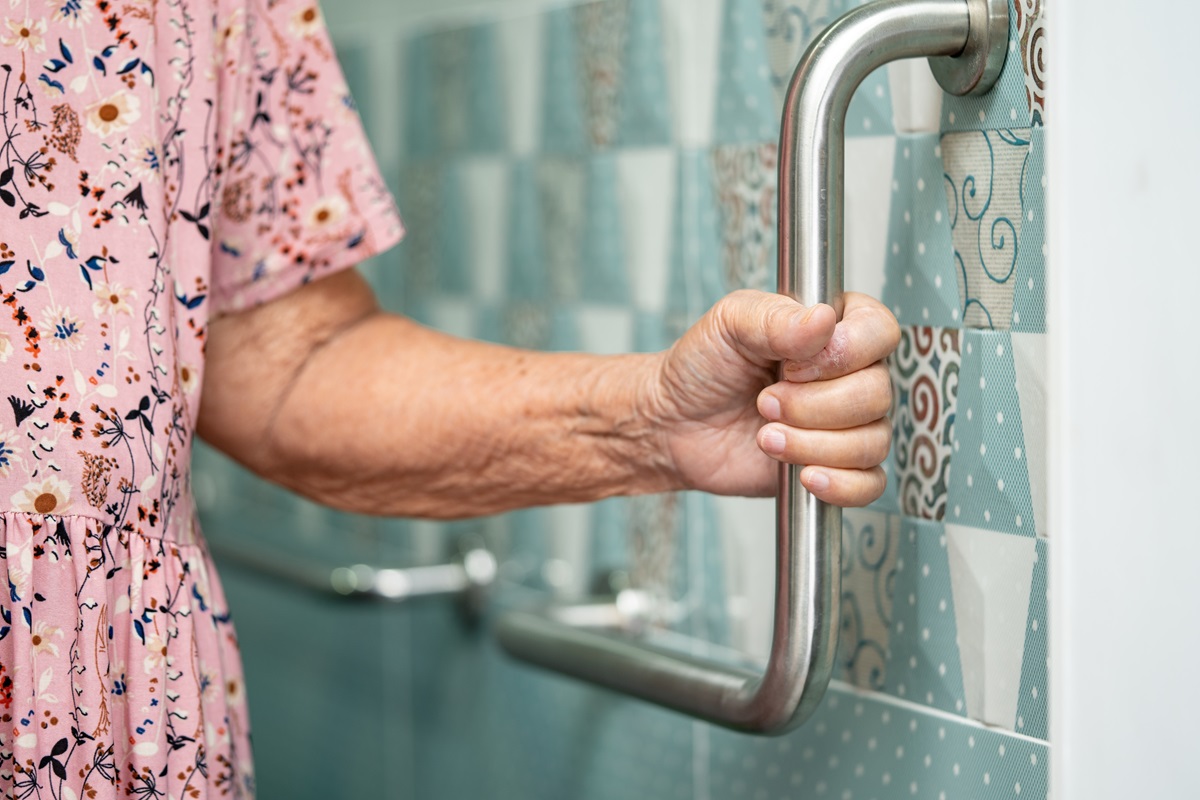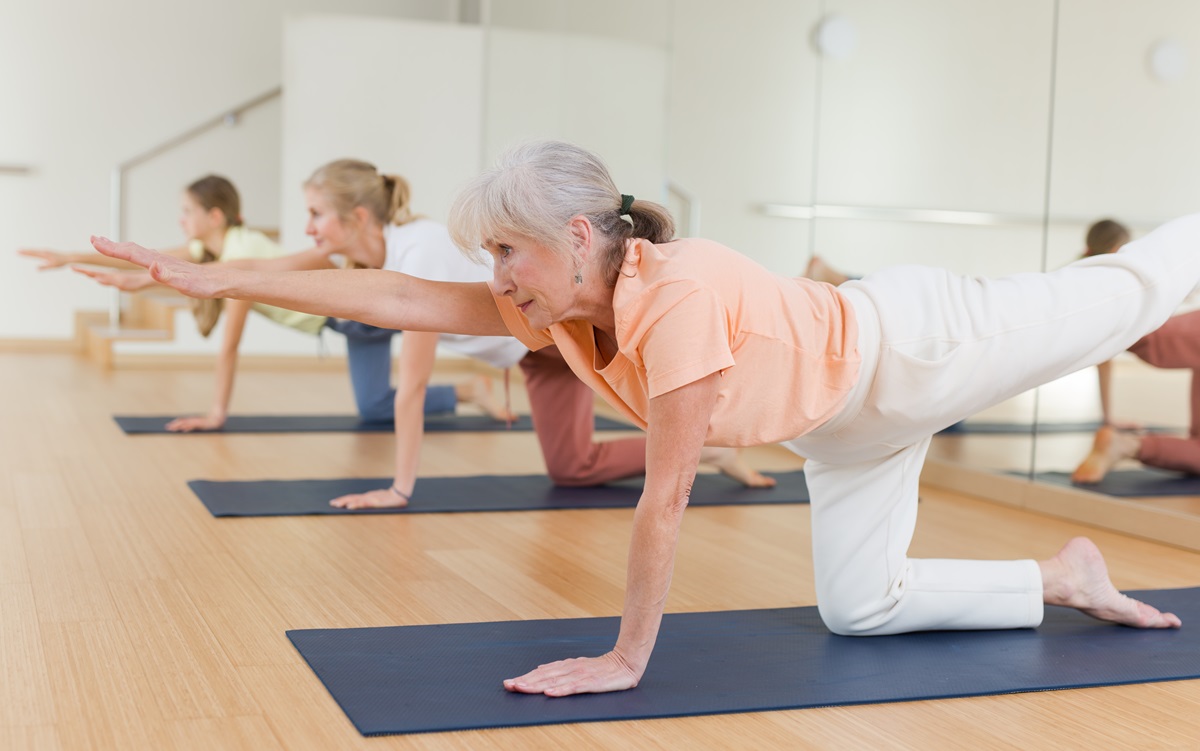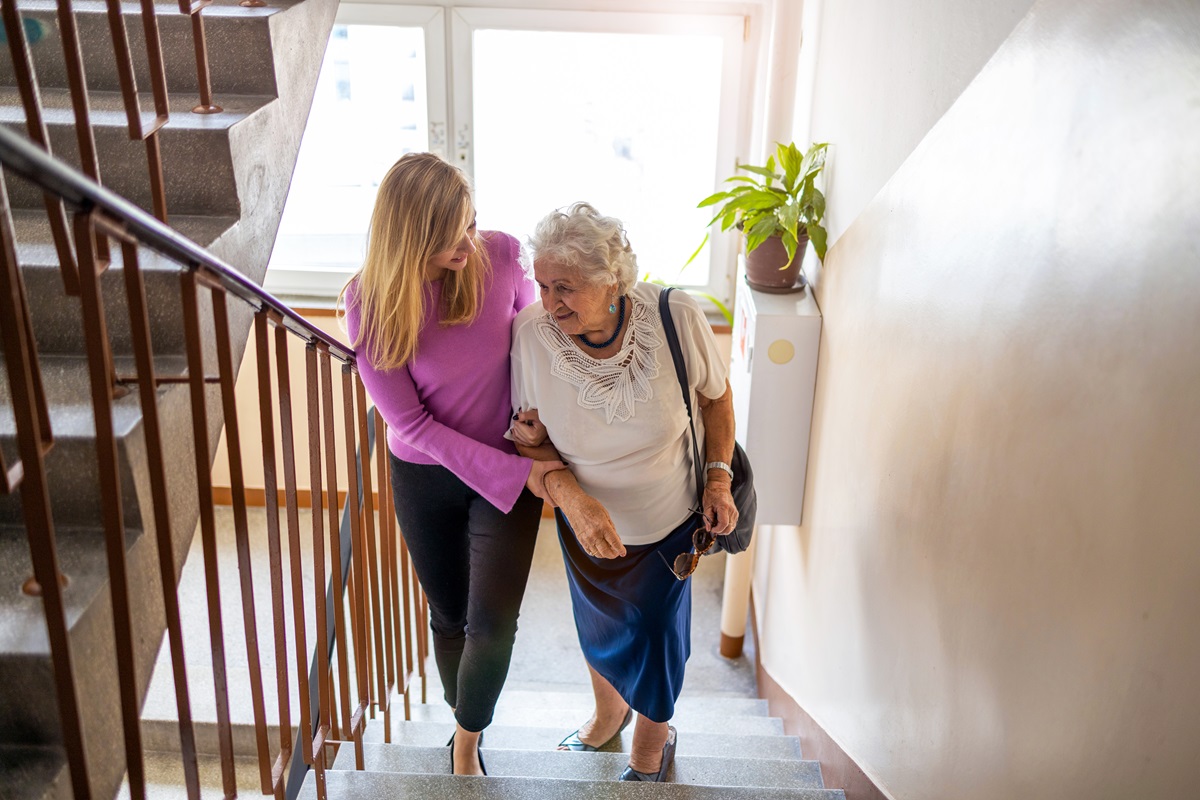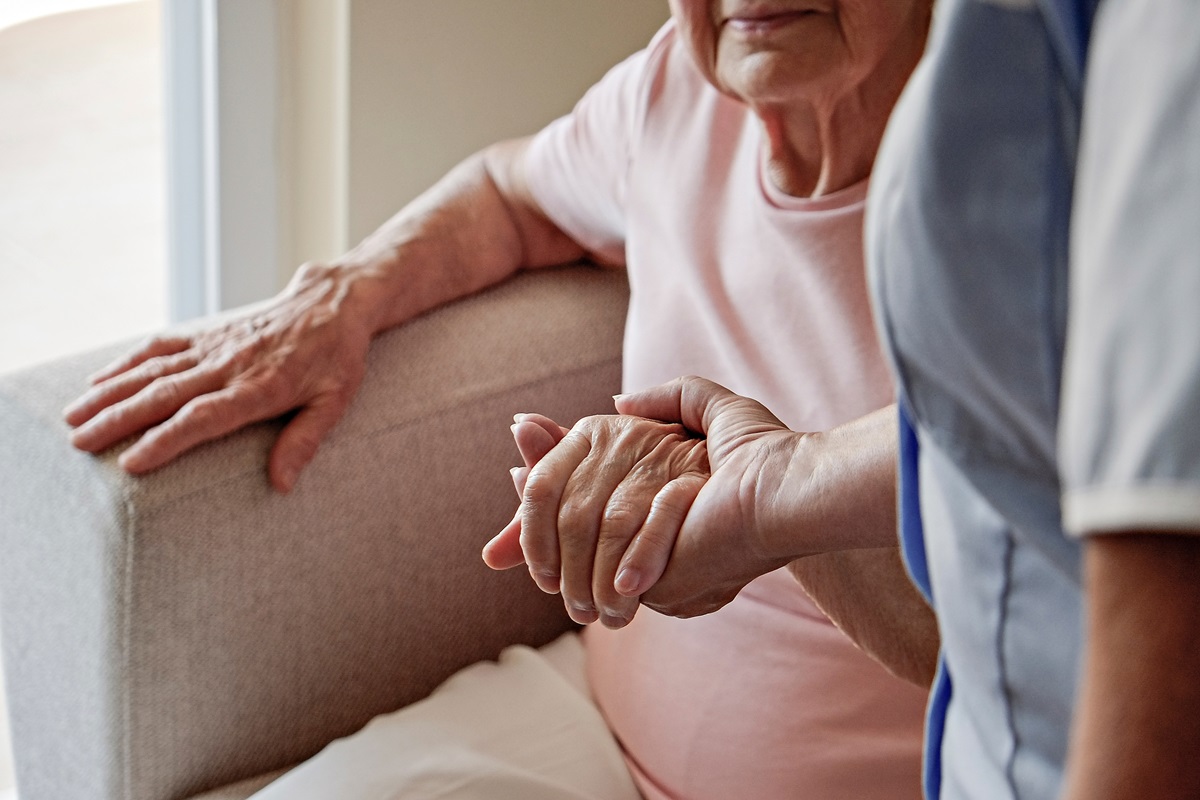How Ageing Adults Can Care For Themselves At Home & When To Consider Residential Aged Care Services

Growing older is a natural part of life, and with age comes a desire for continued independence. For many ageing adults, the home represents a sanctuary of memories, comfort, and autonomy. But as the years advance, the challenges of maintaining this independence can become more evident.
In this month’s blog, we’ll explore practical steps seniors can take to care for themselves at home and delve into the telltale signs that it might be time to consider professional aged care services.
Ageing and The Importance of Independence
The golden years bring a wealth of experience and wisdom. However, they also come with their set of challenges. Independence is deeply intertwined with self-worth and dignity for many seniors. It means the world to wake up in one’s own bed, make a morning cup of tea, and cherish the small routines that make up the fabric of life.

How Ageing Adults Can Care For Themselves At Home: Self-Care Strategies
Self-care is not just a trendy term. It’s a necessary practice, especially for ageing adults wanting to maintain their independence. Here are some strategies to consider:
Home Modifications and Safety Measures
Simple changes can drastically reduce the risk of accidents. Consider investing in non-slip rugs, installing handrails in bathrooms and staircases, and ensuring homes are well-lit and provide good visibility.

Nutrition and Hydration
A balanced diet is crucial to maintaining a healthy lifestyle. Prioritising a healthy, balanced diet and enough hydration is crucial for anyone at any age. Speak to a nutritionist about specific dietary needs and consider meal planning to make cooking easier.
Regular Exercise and Mobility
Even light exercises, like walking or gentle yoga, can make a significant difference in overall health and mobility. It strengthens muscles, improves balance, and boosts mood.

Mental and Social Engagement
Keeping the mind sharp is equally important as looking after your physical health. Engage in puzzles, read books, or even take up a new hobby. Social connections, whether through community groups or family gatherings, help to combat feelings of isolation.
When Professional Help is Useful
While these self-care strategies are essential to life comfortably at home and help facilitate independence, there may come a time when professional assistance is needed. Some indicators of this include:
Cognitive Challenges
If forgetfulness becomes more frequent or daily activities and tasks seem confusing, it may be time to seek professional guidance.
Mobility Issues
Struggling with movement or experiencing frequent falls can indicate that additional support is necessary.
Emotional Wellbeing
Feelings of isolation, prolonged sadness, social isolation or signs of depression or low mood should never be ignored.
Increased health problems
If health conditions become more prevalent, it may be a good idea to consult a medical professional and consider transitioning to an aged care facility to ensure consistent 24/7 care and support.
Safety Concerns
If there are frequent accidents or close calls, it might be a cue to reassess living conditions.

St Jude’s Compassionate Aged Care Services
At St Jude’s, we understand the challenges that seniors face. With decades of expertise in aged care, our range of services is designed to offer the highest quality of care, whether in the comfort of one’s home or in our state-of-the-art facilities in both Western Australia and Queensland. Opting for professional services or deciding to transition into a nursing home doesn’t mean giving up independence. Instead, it’s about enhancing the quality of life and prioritising safety, health, and happiness.
To read more: Home Care vs Residential Aged Care
The Benefits of Aged Care Facilities
Transitioning into an aged care facility can have numerous benefits for both physical and mental health. These include the following:
Physical Health Benefits
- Professional Medical Assistance: Aged care facilities have trained medical professionals available around-the-clock to attend to residents’ health needs, ensuring timely intervention and continuous monitoring.
- Tailored Physical Therapy: Many facilities offer physiotherapy services tailored to the specific needs of residents, helping to improve mobility, strength, and balance.
- Nutrition Management: Meals in aged care facilities are carefully planned to ensure that residents receive balanced, nutritious meals suited to their specific dietary needs.
- Safe Environment: Aged care homes are designed with the safety of seniors as the utmost priority, with features like non-slip floors, grab bars, and emergency alert systems. These help to reduce the risk of accidents and falls.
- Regular Exercise Programs: Many facilities offer structured exercise programs like chair yoga, walking groups, and aqua aerobics, promoting physical activity in a safe and supervised environment.
- Medication Management: Staff oversee residents with medical conditions that require medication, ensuring that they have access to and take their medications on time and as prescribed, to avoid over or under-dosing.

Mental Health Benefits
- Social Engagement: One of the primary advantages is the opportunity for social interaction. Scheduled social activities, communal dining, and group events can help reduce feelings of isolation and loneliness and build strong social relationships with individuals at the same stage of life.
- Structured Routine: A structured daily routine can be comforting to seniors, especially for those with cognitive challenges or dementia. Knowing what to expect each day can provide a sense of stability.
- Stimulating Activities: Our facilities offer various activities for our residents such as art classes, music therapy, book clubs, and more, which can be mentally stimulating and promote cognitive health. To read more: How Lifestyle Activities Can Enrich The Lives Of Aged Care Residents.
- Reduced Stress: With experienced professionals taking care of medical, dietary, and daily living needs, residents are able to feel less stressed about their health and well-being.
- Access to Mental Health Services: For those struggling with depression, anxiety, or grief, we provide counseling or other mental health services.
- Sense of Community: Being part of a community where everyone is going through similar life stages can be reassuring. Sharing experiences and stories can create a sense of belonging.
- Safety and Security: Knowing that they’re in a safe environment with medical assistance available can provide peace of mind to residents and their families, reducing anxiety.

Aged care facilities provide a comprehensive environment that caters to both the physical and mental well-being of all residents. The combination of professional care, structured routines, socialisation opportunities, and a safe environment can significantly enhance the quality of life for many older individuals.
Enhancing Quality of Life
Ageing gracefully at home is a beautiful journey, but it’s essential to recognise when seeking help can enhance the experience. Whether through small modifications in daily routines or considering professional services from St Jude’s, the primary goal remains the same – to ensure ageing adults live a life full of dignity, comfort, and joy.
For more guidance and consultation regarding our home care services or to learn about our Bethania Gardens and Guildford Village aged care facilities, reach out to our friendly team. Together, we can navigate the path to the best possible care and support for you or your loved one.
|
|


